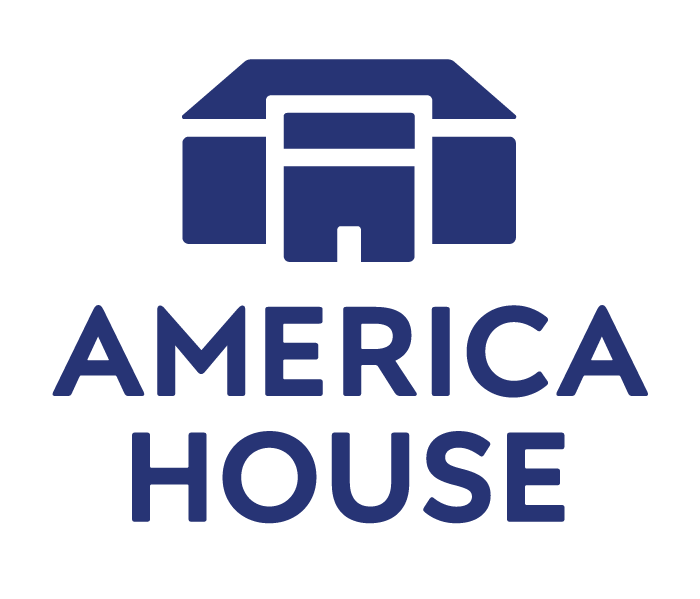7 Banned Books In The Past 50 Years
Imagine a world in which you are told which books you can and cannot read.
That would be a sad world with little freedom of expression or thought. We sometimes take for granted* our right to think for ourselves, which is why Banned Books Week, which takes place from September 23 to September 29 this year, celebrates our freedom to read.
Banned Books Week is an annual event promoted by the American Library Association. It was launched in 1982 in response to books challenged by parents, schools, and libraries.
Throughout history, many of the most influential books in history have been criticized or banned for presenting unpopular opinions, inappropriate material, or revolutionary ideas. This weeklong event celebrates these works of literature, and gets us thinking about free speech in society today.
Here are 7 books banned in the past 50 years, one for each day of Banned Books Week:
To Kill A Mockingbird by Harper Lee
The Pullitzer-Prize winning novel about a white lawyer’s defense of a black man against a false rape charge by a white woman was most recently banned in eighth grade classes in Biloxi, Mississippi. This book reminds readers of the racial prejudice during the Jim Crow era* of American history, but it also reminds us of the importance of kindness and respect towards others matter what.
Brave New World by Aldous Huxley
Huxley’s dystopian classic was recently banned for inappropriate language, scenes, and disrespect for religion. One parent criticizing the novel believes that “the text lacks literary value which is relevant to today’s contemporary multicultural society.” Brave New World describes a world with no human intelligence, where everyone accepts lies and believes what they are told. It’s a work that gets the reader to think more deeply about social values and the meaning of a perfect society.
Catcher in the Rye by JD Salinger
This classic, which features themes on teenage emotion and loneliness, has been banned many times under claims that it includes violence, anti-religious references, foul language, and negative activity. But the more the book was banned, the more popular it has become, with over 65 million copies sold.
Harry Potter by JK Rowling
You are probably surprised to find this legendary book series on the list. Many, however, have called out the book for promoting the idea of a government-recognized religion, wizardry being the religion. But this surely won’t stop millions of children from reading about the adventures of the world’s most famous wizard.
The Kite Runner by Khaled Hosseini
Hosseini’s novel is a story about a father and son who are forced to flee their home country of Afghanistan and move as refugees to the United States. While the book was banned for including violence and being thought to “lead to terrorism,” it teaches valuable lessons on “friendship, betrayal, guilt*, redemption* and the uneasy love between fathers and sons,” as the author himself describes it.
Persepolis by Marjane Satrapi
Recently banned by the Chicago Public School System for ‘graphic language and images’, Persepolis is a graphic novel that tells the story of Marjane, a young girl growing up in revolutionary Iran and moving to Austria and France. Persepolis shows students the challenges of growing up regardless of where you come from and the importance of staying true to yourself.
Slaughterhouse Five by Kurt Vonnegut
Kurt Vonnegut’s most famous novel was banned in public schools in Oakland County, Michigan in 1972 for its provocative ideas. Having witnessed* the bombing of Dresden during World War II, Vonnegut vividly writes about war and its destructive power in a book that was published during the peak of the Vietnam War, twenty-five years after Dresden.
Vocabulary
take for granted - to not appreciate
Jim Crow Era - a period of time in American history from late 19th century to 1965 where laws known as “Jim Crow Laws” forced racial segregation, or separation, in the Southern United States
dystopian - describing a place or state in which everything is bad, like a dictatorship or environmentally ruined place
wizardry - practice of magic
guilt - feeling of having done something wrong
redemption - making up for a mistake
witness - see
ABOUT THE AUTHOR
Yuri Nesen is a student at Georgetown University School of Foreign Service in Washington, D.C. studying Global Business, Diplomatic Studies, and Arabic. He enjoys watching animated movies, running and exploring new places, and he is a complete dessert fanatic.









